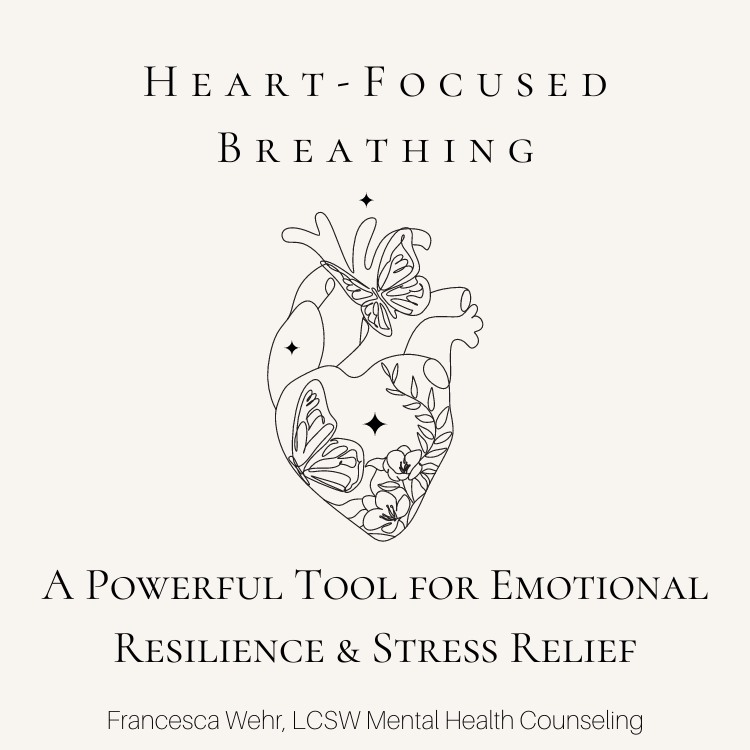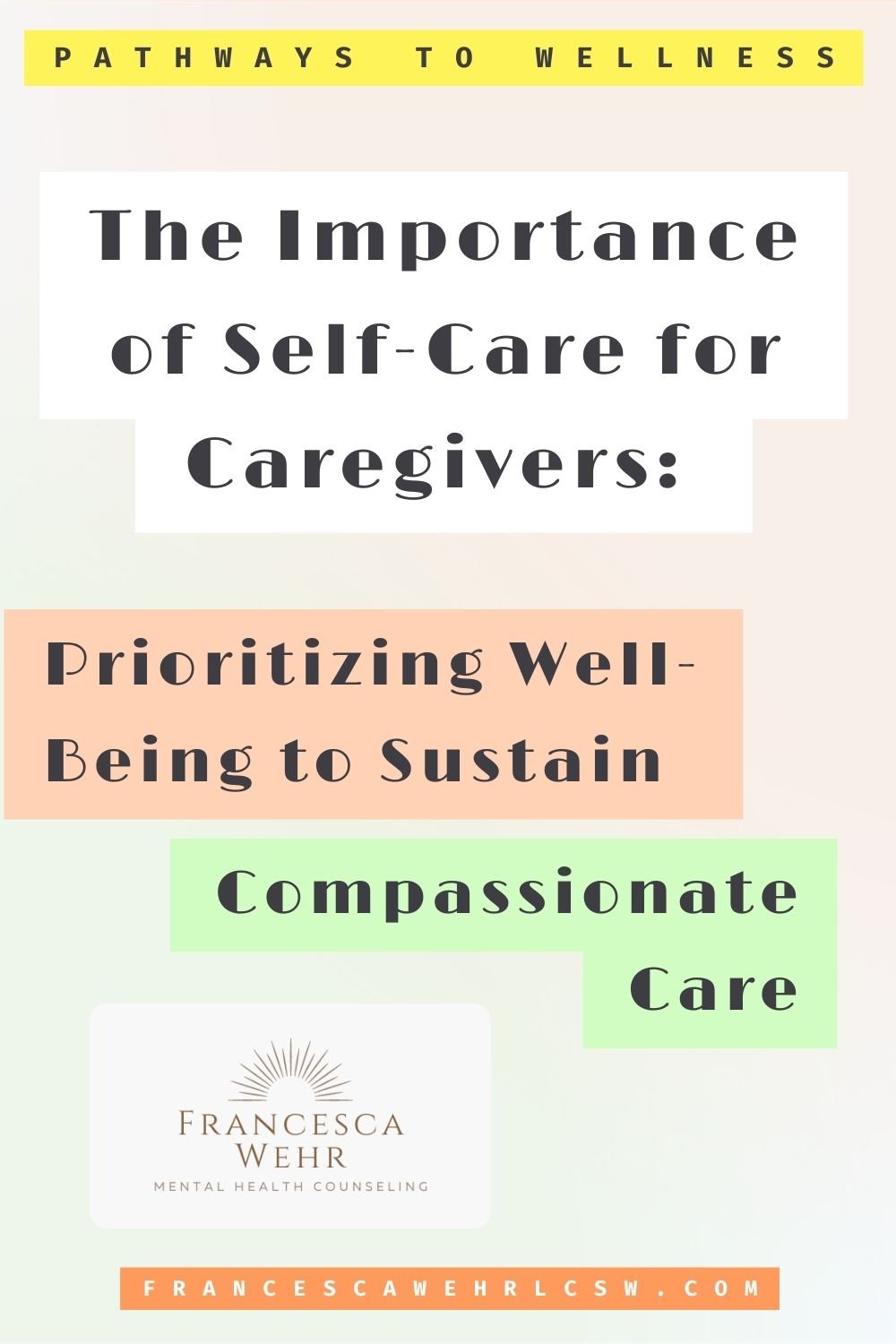
Mastering the Mind’s Command Center: A Guide to Executive Functioning
Executive functioning is the brain’s management system, controlling key skills like working memory, flexible thinking, and self-control. These processes help us plan, focus, and regulate emotions. This guide explores the importance of executive functioning, how it affects daily life, and practical strategies to improve these mental skills.

Unlocking the Healing Power of Music Therapy for Mental Health
Music isn’t just background noise—it can be a powerful tool for healing. Learn how music therapy supports mental health, eases anxiety, lifts depression, and helps people reconnect with themselves. Explore the science behind it and simple ways to use music in your own self-care.

Understanding the Tapestry of Trauma Responses: A Deeper Dive
Trauma isn’t just about what happened—it’s about how your nervous system responded to a rupture in safety, trust, or connection. Many behaviors that seem confusing, frustrating, or even self-sabotaging are actually profound adaptations to distress. From emotional numbing to hypervigilance, people-pleasing to risk-taking, this article explores the nuanced spectrum of trauma responses and offers a compassionate reframing of these patterns. When we understand them as survival strategies—not flaws—we open the door to healing, self-trust, and deeper connection.

Understanding Grief: The "Ball in a Box" Analogy and Its Impact on Mental Health
Grief is an inevitable part of life, but understanding it can make the healing process more manageable. The "Ball in a Box" analogy provides a simple yet powerful explanation of how grief evolves over time. In this blog, we dive deep into the emotional and mental health impacts of grief, offering actionable coping strategies to help you navigate loss. Whether you're seeking personal healing or supporting a loved one through grief, this guide will provide the insights and tools you need to move forward with compassion and resilience.

Heart-Focused Breathing: A Powerful Tool for Emotional Resilience & Stress Relief
Heart-focused breathing is a transformative practice that helps regulate stress and improve emotional balance by syncing your breathing with your heart’s rhythm. By focusing on positive emotions like gratitude and love, this simple technique can reduce anxiety, enhance mental clarity, and boost emotional resilience. Discover how to integrate heart-focused breathing into your daily routine and experience lasting benefits for both body and mind.

Navigating Family Dynamics & Setting Boundaries During the Holidays: A Guide to a Peaceful Season
Family gatherings can be joyful yet challenging. Learn how to set compassionate boundaries and protect your mental well-being during holiday events. Discover practical strategies to manage family dynamics with grace and ease.

A Comprehensive Guide to Maintaining Mental Well-being
The holiday season is often portrayed as a time of joy, but it can also bring stress, anxiety, and emotional turmoil. In our latest series on Pathways to Wellness: Insights from Francesca Wehr, LCSW, we explore practical strategies to maintain your mental well-being during this complex time. From managing family dynamics and financial stress to practicing self-care and mindfulness, this guide offers the tools you need to navigate the holidays with resilience and genuine joy. Stay tuned as we dive deeper into these essential topics, helping you transform the holidays into a season of meaningful connection and personal growth.

Understanding the Different Types of Therapy: A Comprehensive Guide to Finding the Right Approach
Navigating the world of therapy can be overwhelming, but understanding different therapeutic approaches is crucial for finding the best fit for your needs. From Cognitive Behavioral Therapy (CBT) to Dialectical Behavior Therapy (DBT) and psychodynamic therapy, this comprehensive guide breaks down popular modalities to help you make an informed decision on your mental health journey. Discover the unique benefits of each therapy type and learn how to choose the right path for your personal growth and healing.

Unraveling the Tangle: Understanding Emotional Dysregulation and Its Origins
Emotional dysregulation can make everyday life challenging, leading to intense, sometimes overwhelming reactions. This post delves into the causes of emotional dysregulation, from brain science to past traumas, and offers actionable strategies to help you manage your emotions more effectively. Discover how mindfulness, therapy, and self-care can pave the way to greater emotional balance.

The Connection Between Mental Health and Physical Health: A Holistic Approach to Well-Being
The connection between mental health and physical health is often overlooked, yet it is crucial for overall well-being. A holistic approach to health acknowledges the intricate relationship between the mind and the body, recognizing that both aspects must be considered for optimal health. Pathways to Wellness: Insights from Francesca Wehr, LCSW Mental Health Counseling, and Connect H&W explores this connection and provides strategies for promoting a balanced, holistic approach to well-being. This collaboration highlights the benefits of integrating physical therapy, somatic breath work, and EMDR for comprehensive healing.

Navigating the Storm: Understanding and Managing Rejection Sensitive Dysphoria
We've all felt the sting of rejection at various points in our lives. However, for some individuals, particularly those with Attention Deficit Hyperactivity Disorder (ADHD), this experience can be intensely emotional and debilitating due to a condition known as Rejection Sensitive Dysphoria (RSD). Pathways to Wellness: Insights from Francesca Wehr, LCSW Mental Health Counseling delves deeper into the understanding of RSD, its symptoms, examples, and possible coping strategies.

Healing from Emotional Abuse and the Maze of Reenactment
Join Francesca Wehr, LCSW, as she guides us through the complex journey of healing from emotional abuse. This insightful post delves into the phenomena of trauma reenactment and revictimization, shedding light on the subconscious patterns that perpetuate past traumas into present scenarios. Learn about the psychological underpinnings of trauma, effective coping mechanisms, and therapeutic strategies that aim to break the cycle of abuse and empower individuals towards a resilient and renewed self.

The Importance of Self-Care for Caregivers: Prioritizing Well-Being to Sustain Compassionate Care
Caregivers, whether professional or personal, play a vital role in supporting the well-being of others. However, the demanding nature of caregiving can take a toll on one's physical, emotional, and mental health. Self-care is essential for caregivers to maintain their own well-being and continue providing compassionate care for others. Pathways to Wellness: Insights from Francesca Wehr, LCSW Mental Health Counseling discusses the importance of self-care for caregivers and provides practical tips to incorporate self-care into daily routines.

Delving Deeper into Body Dysmorphic Disorder & Checking Behaviors
Body Dysmorphic Disorder (BDD), often referred to as body dysmorphia, is not just a case of low self-esteem or occasional insecurity about one's appearance. It's a profound mental health condition where individuals are consumed by an exaggerated perception of flaws in their physical appearance. A significant manifestation of BDD is compulsive "checking behavior". In this post, we'll dive deeper into understanding BDD and the intricacies of checking behaviors associated with it.

PMDD Explained: Understanding and Managing Premenstrual Dysphoric Disorder
Premenstrual Dysphoric Disorder (PMDD) is a severe and chronic health condition that affects 5-8% of individuals with menstruating cycles. It's a more intense form of Premenstrual Syndrome (PMS), distinguished by its potential to disrupt daily life activities and necessitate medical attention. In this article, we'll explore the intricacies of PMDD - its causes, risk factors, symptoms, diagnosis, treatment, and ways to manage this disorder. We'll also share insights from Francesca Wehr, a licensed clinical social worker specializing in mental health counseling, on effective coping strategies for managing PMDD.

From Survival to Healing: Navigating Post-Traumatic Stress and Finding Resolution
The last part of the “From Surviving to Healing” Trauma series, this blog post navigates the complex journey from survival to healing. This requires more than just revisiting traumatic memories; it demands a reconnection to the present and a reclamation of one's sense of safety and self. For many trauma survivors, the past feels unsettlingly close, a series of vivid flashbacks and heightened states that blur the lines between then and now. The challenge is not merely to recount the trauma but to feel, deep in one's bones, that it has passed and that safety has been restored.
Healing involves a delicate balance of acknowledging the trauma while firmly rooting oneself in the present, employing strategies to calm the nervous system, and recognizing triggers without being overwhelmed by them. Techniques like mindfulness, somatic therapies, and EMDR offer pathways to process traumatic memories in a way that diminishes their power, allowing survivors to redefine their narratives on their own terms. This transformative process paves the way for a life where trauma informs but does not control, where past pain leads to present resilience, and where each survivor can truly say, "I am here, I am safe, and I am moving forward."

From Survival to Healing: Understanding Trauma-Related Fragmentation and Dissociation
FROM SURVIVING TO HEALING: In the intricate landscape of trauma recovery, the phenomena of fragmentation and dissociation stand out as critical survival mechanisms employed by individuals facing overwhelming threats, particularly in childhood. These adaptive responses, deeply rooted in our biological and psychological makeup, serve to protect the psyche by compartmentalizing traumatic experiences, allowing for survival amidst adversity. However, these same mechanisms that once ensured survival can later obstruct the path to holistic healing, creating a complex interplay of internal parts that may feel disconnected or at odds with one another. Understanding these facets of the trauma response is pivotal in the journey from merely surviving to truly healing, offering a beacon of hope for those navigating the challenging path to integration and wholeness.

From Survival to Healing: Trauma, Attachment, and the Path to Emotional Resilience
In our latest addition to our “From Survival to Healing” trauma series, "Understanding Trauma, Attachment and Emotional Resilience," by Francesca Wehr, LCSW, delves into the intricate relationship between our earliest attachments and their lasting impact on our adult lives. Uncover the subtle signs of traumatic attachment and how they manifest in our relationships, often without our conscious awareness. Francesca provides enlightening insights into recognizing these patterns and embarking on a journey toward healing and emotional resilience. Join us on the Pathways to Wellness Blog for expert guidance on transforming traumatic attachments into sources of strength and healthier connections.

From Survival to Healing: Decoding the Language of Trauma Coping Strategies
Dive into our enlightening blog post, "From Survival to Healing: Decoding the Language of Trauma Coping Strategies," where we unravel the complex ways individuals adapt to past traumas. This insightful piece sheds light on the diverse survival mechanisms that emerge from traumatic experiences and how they shape our interactions and responses in adult life. Discover the transformative power of understanding and redefining these coping strategies, moving from mere survival to a path of meaningful healing and growth. Join us in exploring the journey from coping to thriving, as we decode the language of trauma and its impact on our lives.

Embracing Vulnerability: A Look at Brené Brown's Shame Resilience Theory
Shame can be an intensely painful experience, often linked to feelings of worthlessness and fear of disconnection. Psychologist and researcher Brené Brown's Shame Resilience Theory offers a lens through which we can better understand and manage shame. Pathways to Wellness: Insights from Francesca Wehr, LCSW Mental Health Counseling delves into the fundamentals of this transformative theory and how we can apply it in our lives.




